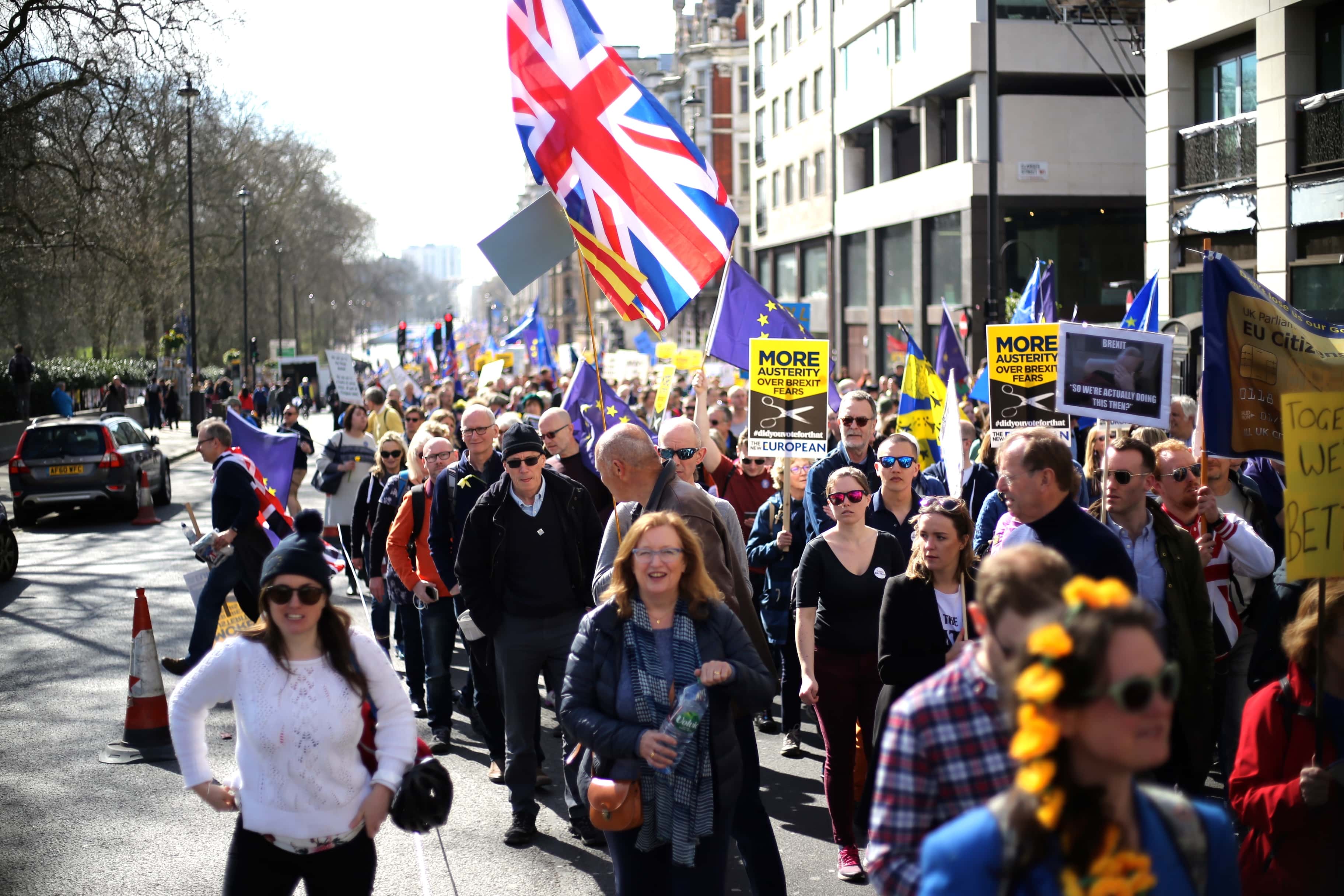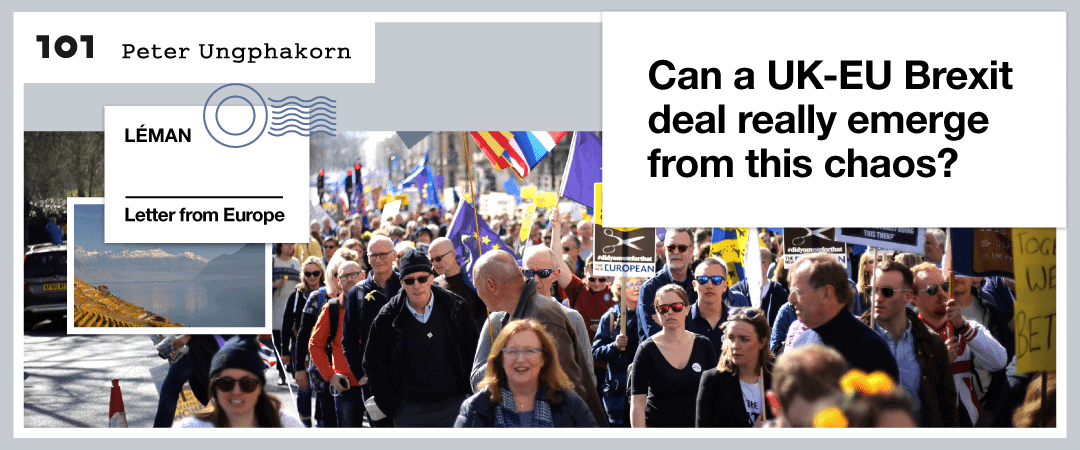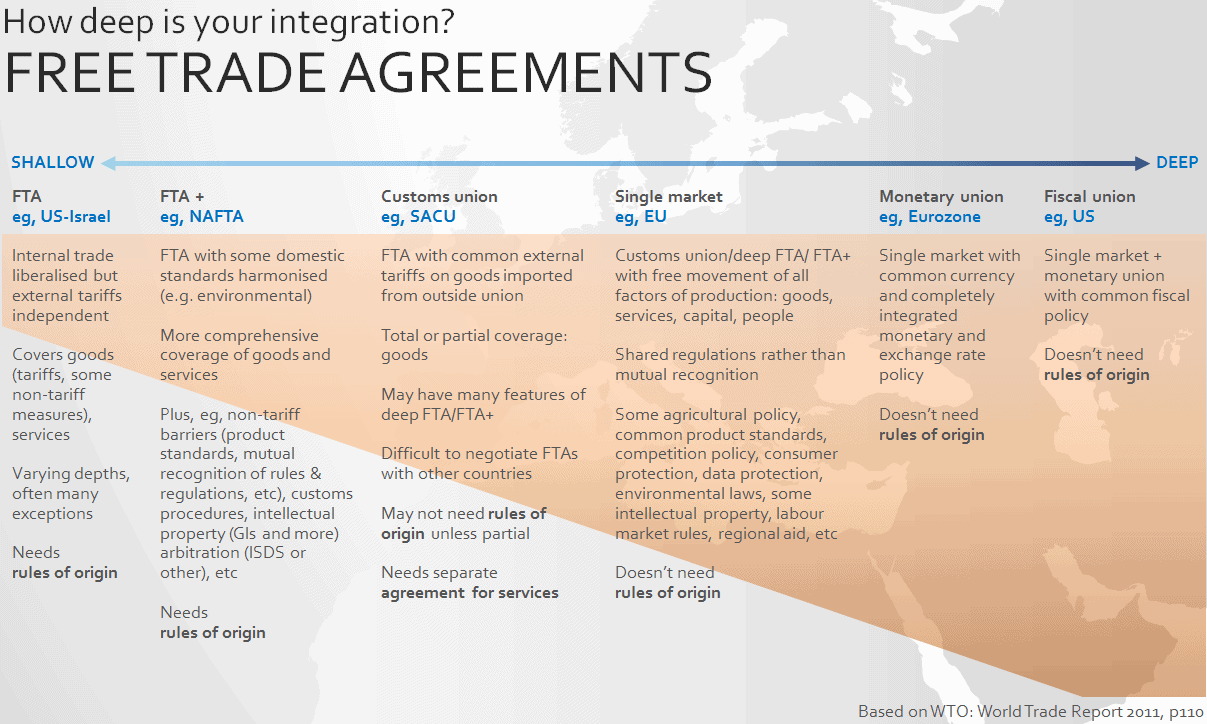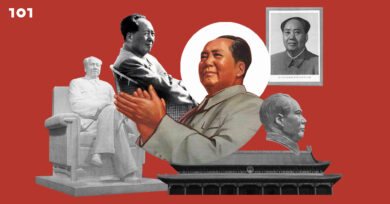Peter Ungphakorn

By the time you read it this article may well be out of date. Things are moving so quickly in British politics and Britain’s exit from the European Union — “Brexit” — that anything can happen. But one constant will remain for some time to come: a mess.
The mess is so bad that it casts doubt on any prediction anyone would care to make about the United Kingdom in the coming months and years, as it faces the most complicated decisions it has had to make in decades.
The British referendum on leaving the EU took place exactly a year ago on June 23, 2016. The general election came and went on June 8 this year. British and EU negotiators met in Brussels for their first proper Brexit talks on June 19. The British government presented its programme for the next two years in the Queen’s speech on June 21.
By now, everything should be up and running, and Britain should be motoring towards leaving the EU by March 2019.
Except that it isn’t, and many of the reasons are well known. Prime Minister Theresa May’s humiliation continues. The landslide she had expected evaporated into a minority government that has struggled in long, drawn out negotiations with the ultra-conservative Democratic Unionist Party (DUP) of Northern Ireland.
The taunts she made in her election campaign backfired. She had accused Jeremy Corbyn, leader of the opposition Labour Party, of being an incompetent negotiator, warning that if he won he would lead a “coalition of chaos”.
Then, as day by day there was still no announcement of a deal with the DUP, the taunts turned on May’s own inability to negotiate and her own “coalition of chaos”.
She tried to run the Brexit talks with only a small group of confidants. That backfired. Voters showed they didn’t trust her nearly as much as she had assumed. She has been told to consult more, both within her party and with opposition politicians.
Still PM — just
May is still prime minister, but only because her Conservative Party wants to avoid a leadership challenge before it is properly established in office. Few think she will still be prime minister by the end of the year. But who knows?
May and her team had tried to create the impression that even though the Brexit talks could be complicated, the agenda would be straightforward. The UK would:
- control immigration from the EU
- no longer be under the EU’s Court of Justice
- no longer have to contribute to the EU’s budget and other finances
- leave the EU Single Market and customs union — a consequence of those first three points since the Single Market relies on freedom of movement of goods, services, capital and labour (or people); both rely on the European Court of Justice to adjudicate on regulations; and both require contributions to some institutional budgets
- negotiate a future relationship with the EU that was “the best possible” for Britain (whatever that means)
The election was supposed to strengthen her hand. It has done the opposite. For now she and her team are standing by that agenda — which some call a “hard” Brexit — but the election result means it is now in serious doubt. Opposition in Parliament to this type of Brexit is stronger now.
The election saw the number of Scottish Conservatives in the Westminster Parliament leap from only one to 12. Without them the Conservatives might not even be in government. But they opposed leaving the EU, or at least the Single Market, and could still force a change of tactic.
On June 20, finance minister Philip Hammond (officially Chancellor of the Exchequer) called for a softer approach to Brexit, giving priority to jobs and the economy. This was interpreted as a challenge to the approach of May and her team. Hammond is widely rumoured to have been facing the sack until the election results turned out so badly that May avoided a major Cabinet reshuffle.
Although the Labour Party is ambivalent about Brexit, it is committed to respect the referendum result. Nevertheless it performed unexpectedly well in the election with an anti-austerity programme that attracted younger voters.
Younger voters are also largely against leaving the EU. Labour can now be expected to give May’s government a much rougher ride on the type of Brexit she aims to deliver.
Simplicity, the enemy of reality
And that — “the type of Brexit” — is for now the crux of the problem. Holding a referendum on the EU may sound democratic but this one actually created more problems than it solved. Simplicity has proved to be the enemy of reality.
The referendum offered a straight binary choice: “leave” the EU or “remain” in it. The result was “leave” but it said nothing about how.
It gave no answers on what the future trade, economic, scientific, educational and cultural relationship between the UK and EU should be. Few, for example, realised that if British airlines still wanted to land in EU cities, even that would require renegotiating.
Few knew, until the Financial Times pointed it out, that after leaving the EU, the UK would have to renegotiate at least 759 treaties with over 160 countries outside the EU, on everything from trade and agriculture to transport and nuclear energy, simply to preserve the deals it already has with them through the EU.
Worse, the vote said nothing about how trade-offs should be assessed: for example is it worth leaving the EU and “taking back control”, if it means London-based banks can no longer operate as freely in the EU, or sheep farmers can no longer export the 80,000 tonnes of lamb they currently sell annually to the EU, or if EU environmental regulations no longer apply, or the National Health Service can no longer find staff?
Voters were not asked what price they were willing to pay. So when May concluded that they wanted above all to control immigration, she was making her own interpretation.
Many of them did, but some did not. I recently attended a private meeting with a group of farmers. Many had voted to leave the EU because they saw it as a business opportunity. But they opposed limiting EU immigration because they relied on labour from Eastern Europe.
Real dilemmas
Every single topic covered by Brexit has similar complexities, trade-offs and contradictions.
Should the UK stay in the Single Market but outside the EU (like Norway)? This would be best for the British economy but would obliterate May’s first three points.
Should it stay in the customs union? That would allow goods to flow freely with no customs procedures but it would mean the UK accepting the EU’s import duty rates and other commercial policies, and would require a separate agreement on services.
Should it leave the customs union with or without a free trade agreement with the EU? On top of the increased cost of trade, this would put a hard border between Northern Ireland and the Republic of Ireland and jeopardise the peace settlement.
And so it goes on. For now, the UK has a few months to sort out its own position on its trading relation with the EU. It has reluctantly agreed that the Brexit talks are starting with the terms of departure: what the UK should pay under its commitments on the EU’s budget and other obligations; the status of UK and EU expatriates in each other’s territory; what to do with the Irish border.
This has actually given it a bit more time. Once “sufficient progress” has been made (whatever that means) they can start on trade. Brussels is thought to be targeting October for this. Whether that is enough time for the UK to get its act together is open to question.
What is certain is that whatever happens, the trade relationship is unlikely to be sorted out by March 2019. The timetable is tight and complicated, and the tasks are fragile, as can been seen from this infographic by Simon Usherwood of Surrey University.
So either the two-year period set by the rules (Article 50 of the Treaty of the European Union) will have to be extended, or an interim arrangement will have to be agreed to allow the UK-EU trade talks to continue beyond March 2019.
But, instead of embarking on trade talks with the EU, by October Britain could find itself in the heat of a leadership battle in the Conservative Party. Some are even suggesting there might be another general election.
Right now, trying to negotiate Brexit in this atmosphere just doesn’t seem sensible. But stopping the process would also be complicated. No one is prepared to do it. Not yet, anyway.
Peter Ungphakorn is based on the shores of Lake Léman in Switzerland. He spent almost two decades as a senior information officer at the WTO Secretariat, Geneva. Before that he worked for The Nation and the Bangkok Post. He now blogs on trade, Brexit and other issues at https://tradebetablog.wordpress.com/




